RBS smashes expectations with £940m profit
State-backed bank celebrates half-year success, but shadow hangs over rest of year
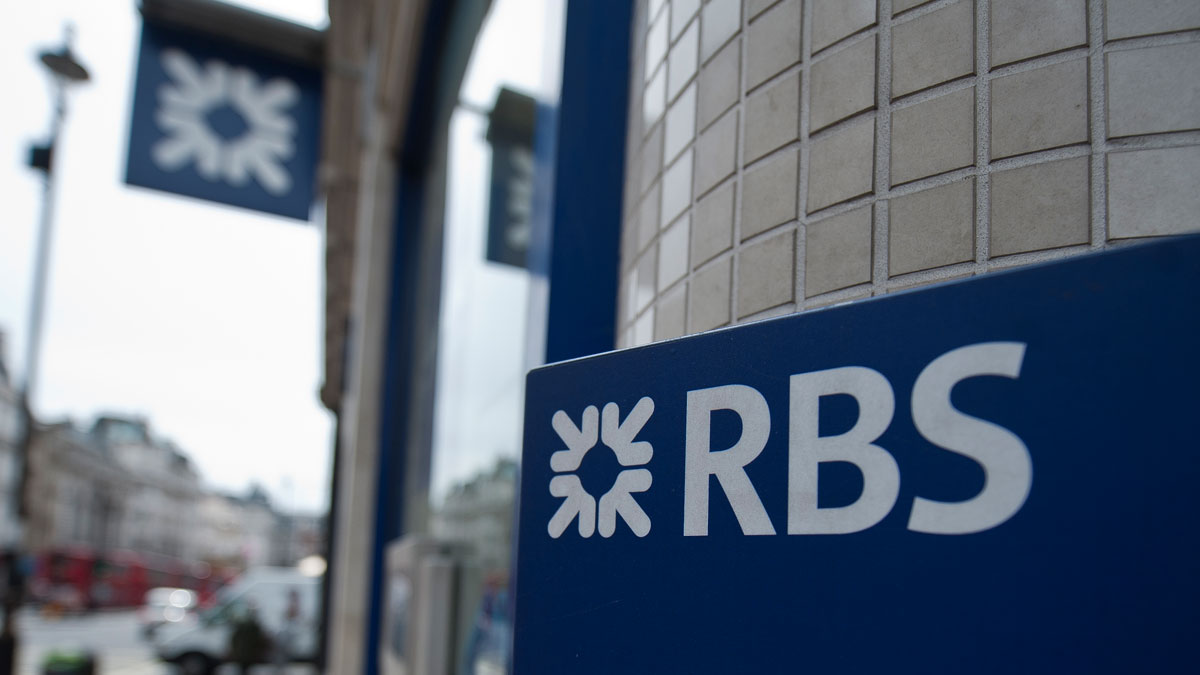
A free daily email with the biggest news stories of the day – and the best features from TheWeek.com
You are now subscribed
Your newsletter sign-up was successful
RBS share sale: ignore the bailout price, says UKFI
09 September
A decision on how and when to sell shares in the Royal Bank of Scotland is taken based on a "number of factors" including likely movements in its share price – but crucially ignores the much higher price paid to bail the bank out in 2008.
This is according to James Leigh-Pemberton, the head of the body that controls the Government's stakes in bailed out banks, who gave evidence to MPs on the Treasury Select Committee yesterday. Leigh-Pemberton was called in following the first disposal of £2bn worth of RBS shares last month, which crystallised a £1bn loss for the taxpayer.
The Week
Escape your echo chamber. Get the facts behind the news, plus analysis from multiple perspectives.

Sign up for The Week's Free Newsletters
From our morning news briefing to a weekly Good News Newsletter, get the best of The Week delivered directly to your inbox.
From our morning news briefing to a weekly Good News Newsletter, get the best of The Week delivered directly to your inbox.
The Financial Times notes that Leigh-Pemberton, chief executive of UK Financial Investments, said the decision was based on conditions that would "realise good value for the taxpayer". It took into account "current and future prospects" of the bank in relation to the market price", rather than the bailout break-even value.
Shares were sold at 330p, a discount to a trailing price that itself had fallen by eight per cent in the days leading up to the placing, amid widespread reports that a sale was imminent. This is well below the 503p at which the then Labour government acquired a majority interest – and even below the low of the previous 12 months.
Chancellor George Osborne has acknowledged the bank will not recover to the buy-in price in public hands and has repeatedly assured that it will perform better once back in private hands. He has cited an overall gain on taxpayer bank disposals – Lloyds is being sold at a sizeable profit – and said RBS will pay more in taxes in the long run.
Leigh-Pemberton was forced to defend UKFI against allegations that the reports which precipitated the price drop were the result of a leak – one Labour MP even told the FT the sale carried "the spectre of insider dealing" – and was warned over the activities of investment banks advising on the sales, who are working essentially for free.
A free daily email with the biggest news stories of the day – and the best features from TheWeek.com
The Guardian cites comments from Chris Philp, a Conservative committee member, who said he had "never encountered an outfit like Goldman Sachs or Morgan Stanley acting in a charitable manner" and told UKFI to "please be ultra-vigilant".
RBS fights claim over €1bn loan based on rigged rates
01 September
The Royal Bank of Scotland has said it will strenuously oppose the latest court action over its past interest rate manipulation relating to a €1bn loan used to finance Europe's biggest ever property purchase in 2008.
The Sunday Times says property tycoon Glenn Maud is "taking the state-backed lender and others to court seeking €1bn (£720m) that his company paid, or will have to pay, on an interest rate swap" used in part to finance the buyout of Spanish bank Santander's Madrid headquarters, at the time a record-breaking deal.
As with other acquisitions made by Maud, who along with his partner Derek Quinlan amassed an "empire" of "trophy assets" such as "Citigroup's skyscraper in Canary Wharf", the buyout was funded with cheap loans. Under a complex interest rate swap arrangement, the rate paid by the pair was dependent on the prevailing European interbank interest rate, Euribor.
The Scotsman notes that RBS was fined £95m by the European Commission in December 2013 for being part of a banking cartel that rigged the rate. It is also one of several banks that paid a combined $2bn to settle claims over rates manipulation in the US last month, which could precipitate billions more in compensation claims in London.
Under English law, a contract is only valid if both parties have entered into it with "clean hands". Maud claims that the bank has admitted its traders fixed rates during the period in which the swap was bought which means it breached the contract and that it should be torn up.
RBS insists the speculations are "without merit".
RBS says it will take profit hit to repair 'damaged' brand
14 August
Royal Bank of Scotland is hoping to woo back business customers with a series of measures that its private banking head has admitted will definitely "affect our profit".
The Times reports that the bank is halving fees for business customers who go into unauthorised overdrafts or cannot pay cheques, and is also reducing the maximum any small business can incur in penalty fees in a single month. Alison Rose, chief executive of RBS's commercial and private banking arm, said the measures will mean profit will go down. "But we feel this is the right and fair thing to do."
RBS is still reeling from a scandal related to its global restructuring unit, which was closed last year after allegations that the bank forced small businesses into financial distress in order to charge them higher fees and claim assets. Reuters reported last month that the bank had appointed independent investigators to look into the case as a long-awaited regulatory review drags on.
Ross McEwan, RBS chief executive, told the Times it had been "brand damaged" by the allegations, while unnamed "senior figures" admitted the issue was "more difficult for the bank than other misconduct investigations, including the rigging of benchmark interest and foreign exchange rates" because of the loss of customer goodwill. With 30 per cent of the market, RBS remains the number one bank for businesses in the UK.
In relation to other past wrongdoing, RBS was one of nine banks to agree a combined settlement of more than $2bn (£1.3bn) with US investors for their role in fixing global foreign exchange rates, the Daily Record reports. This comes on top of a £399m settlement with US and UK regulators last year, and could be "just the beginning" of compensation payouts, according to the investor group's law firm Hausfeld.
Last month RBS reported it had made an overall loss of £153m for the first half of 2015, during which time it set aside provision for legal actions of more than £1.3bn.
RBS issues £2bn bond to boost reserves
7 August
Royal Bank of Scotland has taken the next step in its plan to firm up its finances, launching $3.1bn (£2bn) of "convertible" debt bonds to provide an additional capital buffer in the event of it hitting trouble.
Reuters says the bank has issued so-called contingent convertible (or "coco") bonds with a lifespan of up to eight years. The bonds pay a set interest rate of up to eight per cent and sit on the balance sheet as debt, but if the bank hits trouble they can be converted into equity to prevent the need for immediate public support. This would be triggered if RBS's core capital reserves dipped below seven per cent, which would bring them below the minimum required by regulators.
RBS had trailed the launch in its results late last month, which revealed core "tier one" reserves had increased to £40bn, or 12.3 per cent of its assets. The results also revealed it had returned to profit and presaged the first sale of £2.1bn worth of shares owned by the taxpayer since its bailout in 2008.
The Daily Telegraph notes RBS plans to issue more cocos in the coming years, with the aim of raising between £4bn and £5bn. This would amount to around two per cent of the bank's risk-weighted assets, on top of its existing capital reserves.
The paper said that like the sale of shares last week, the bond issuance was oversubscribed as institutional investors piled on in the hope that RBS's capital position will improve as it completes its restructuring. The secondary value of the bonds would therefore be expected to increase, as the risk of the bonds needing to be converted would diminish.
RBS sale: hedge fund revelation adds to anger over £1bn loss
5 August
Questions over a £2.1bn sale of shares in state-backed Royal Bank of Scotland have intensified after it was revealed that hedge funds were the major buyers in a disposal that crystallised a loss of around £1bn for the taxpayer.
Of the 630 million shares sold by UK Financial Investments, the body which controls the Government's interest in the bank, 60 per cent went to hedge funds, reports the Daily Mirror. The remaining 40 per cent went to 'long-term' investors such as pension funds. Fewer than half, 48 per cent, of the buyers were based in the UK.
The 5.4 per cent stake was offloaded at a price of 330 pence per share, a 2.3 per cent discount on the day. That is only marginally above the bank's 52-week low of 326 pence in May and well below the 410 pence it was trading at February, not to mention the 502 pence paid by the then Labour government at the time of the £45bn bailout in 2008.
There has been criticism of the timing of the move and the price achieved, which was clearly attractive to speculative investors but represented a £1bn loss for the taxpayer. The Financial Times also highlights an increase in so-called 'short-selling' - borrowing stock in order to bet it will decrease in value - by hedge fund traders in the lead up to the sale, amid claims some may have been 'tipped off' a placing was imminent that would push down the value.
Investors may of course simply have been gambling after reports in The Times last week that a sale could follow better-than-expected quarterly results. Others close to the deal told the FT some of the short selling reflected investors betting that initial positive sentiment about the interim results would fade.
In a blog on the Channel Four website, Siobhan Kelly argues RBS's price has been well below the buy-in price for so long because of the Government "hovering over the bank's shoulder like the grim reaper" and that she therefore supports "selling the shares - and making some money". The only question, she adds, was whether the public which ultimately bailed out RBS should have been "given the chance to buy the shares at a discount" rather than hedge funds.
-
 How the FCC’s ‘equal time’ rule works
How the FCC’s ‘equal time’ rule worksIn the Spotlight The law is at the heart of the Colbert-CBS conflict
-
 What is the endgame in the DHS shutdown?
What is the endgame in the DHS shutdown?Today’s Big Question Democrats want to rein in ICE’s immigration crackdown
-
 ‘Poor time management isn’t just an inconvenience’
‘Poor time management isn’t just an inconvenience’Instant Opinion Opinion, comment and editorials of the day
-
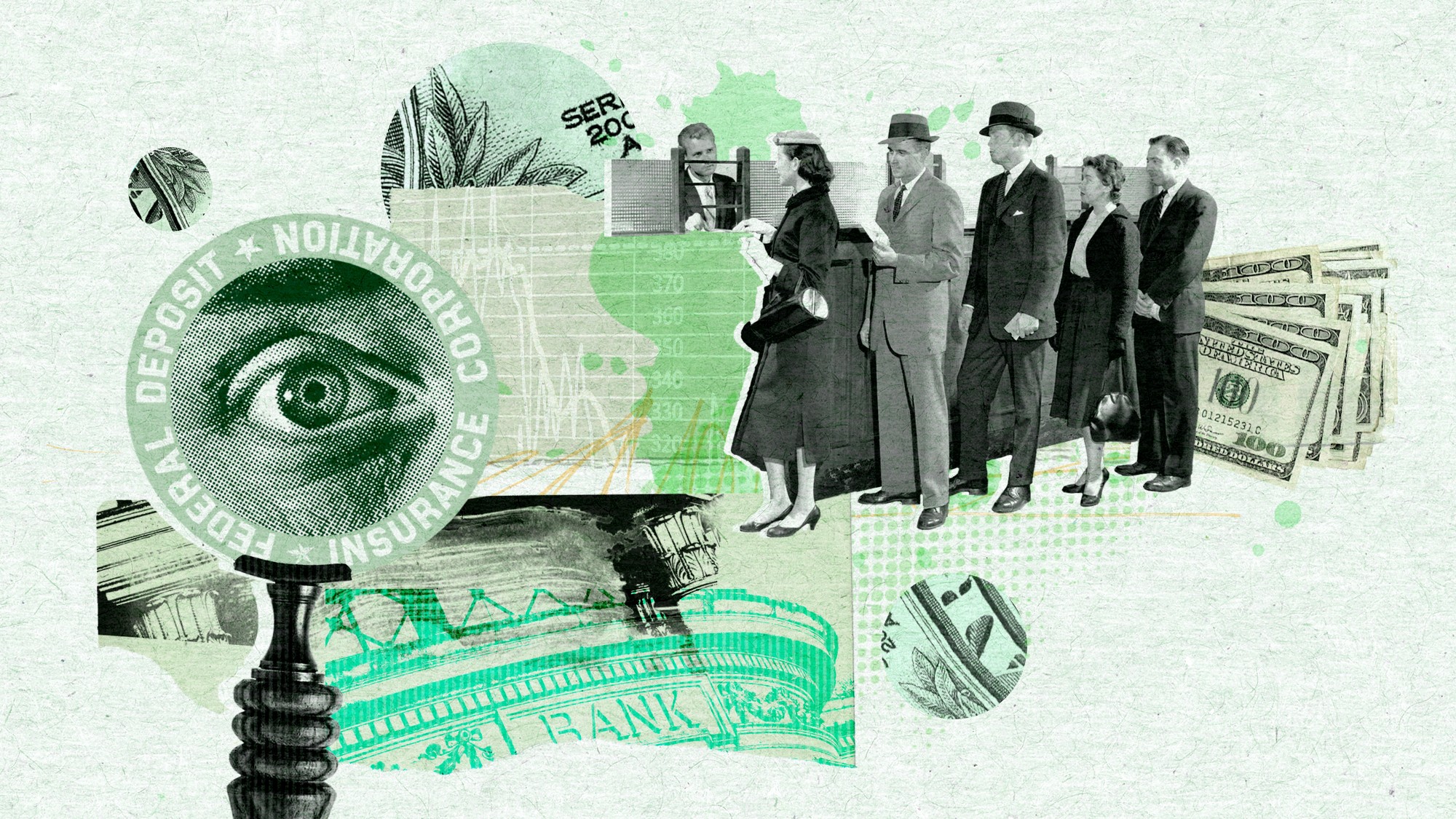 What does the FDIC do?
What does the FDIC do?In the Spotlight The Federal Deposit Insurance Corporation is now a 'Trump target'
-
 TD Bank accepts $3B fine over money laundering
TD Bank accepts $3B fine over money launderingSpeed Read The US retail bank pleaded guilty to multiple criminal charges
-
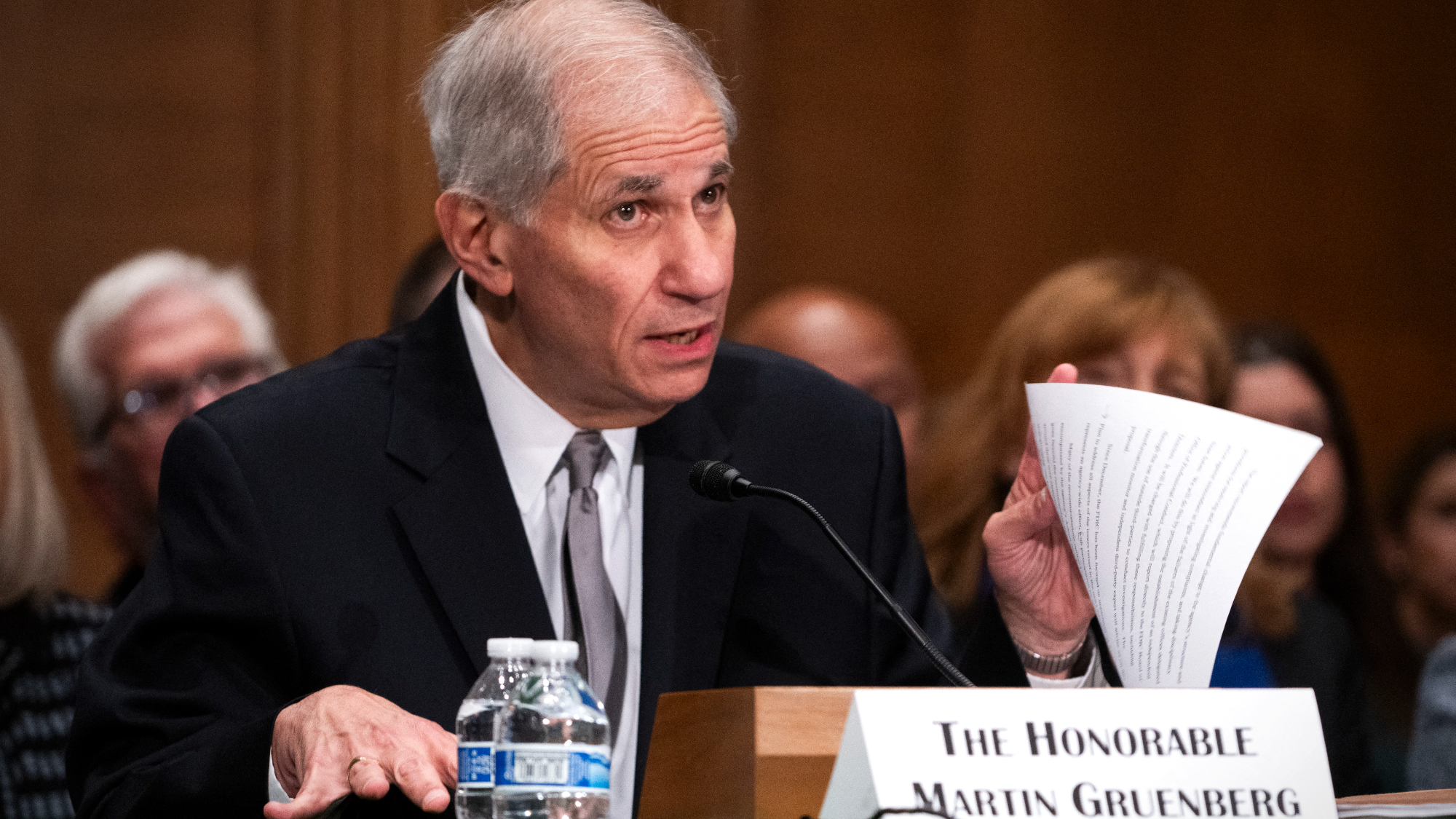 FDIC chair out after toxic work culture report
FDIC chair out after toxic work culture reportSpeed Read The report revealed a trend of sexual harassment and discrimination at the Federal Deposit Insurance Corporation
-
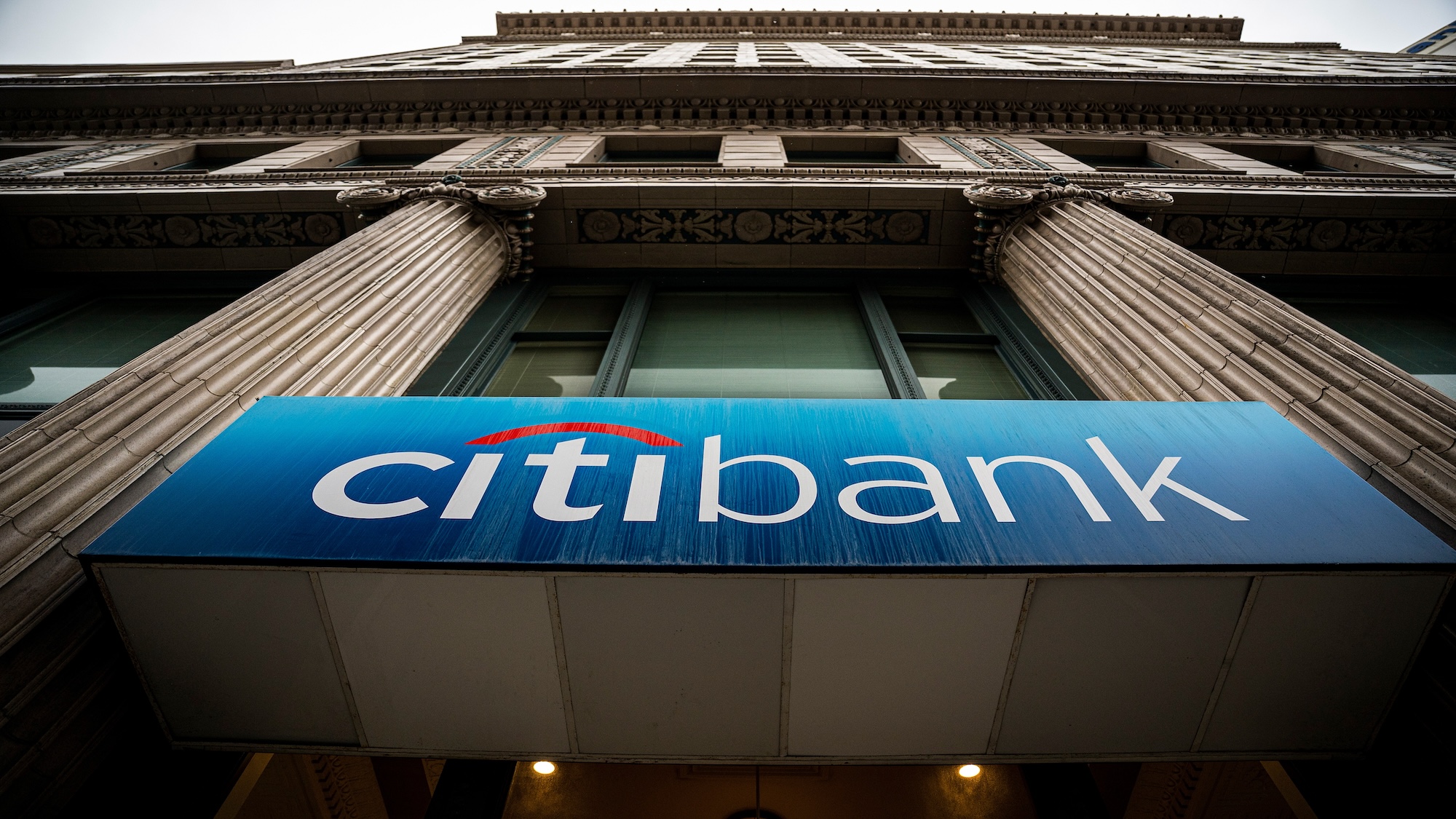 Citibank to cut off online access for customers who don't go paperless
Citibank to cut off online access for customers who don't go paperlessSpeed Read The bank will shut off the customer's access to both their online website and mobile app
-
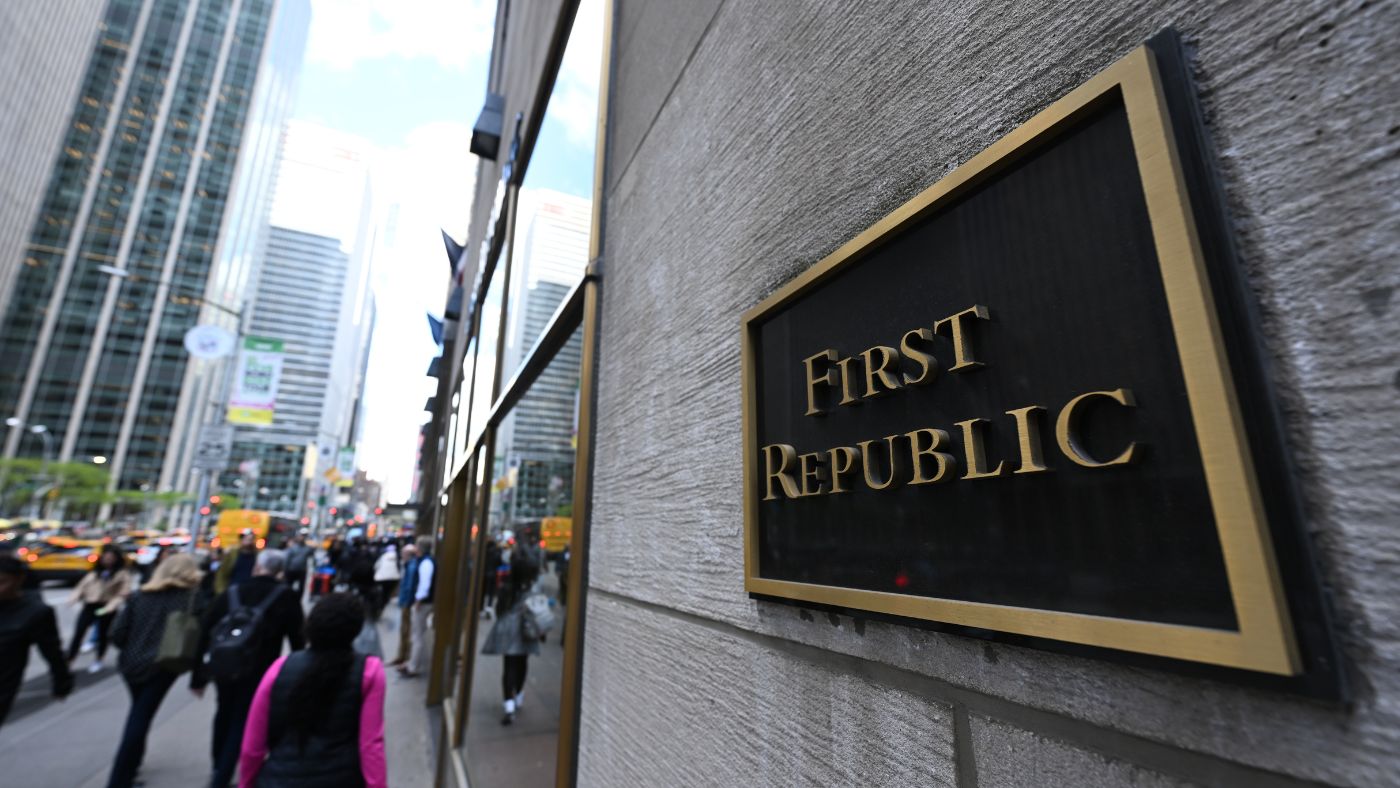 First Republic: will UK banks survive unscathed?
First Republic: will UK banks survive unscathed?Under the Radar US shares dip after collapse of third regional bank, but experts say contagion to the UK is unlikely
-
 Banking crisis: has the city weathered the financial storm?
Banking crisis: has the city weathered the financial storm?Talking Point The financial storm appears to have abated, but no one’s ruling out more squalls along the way
-
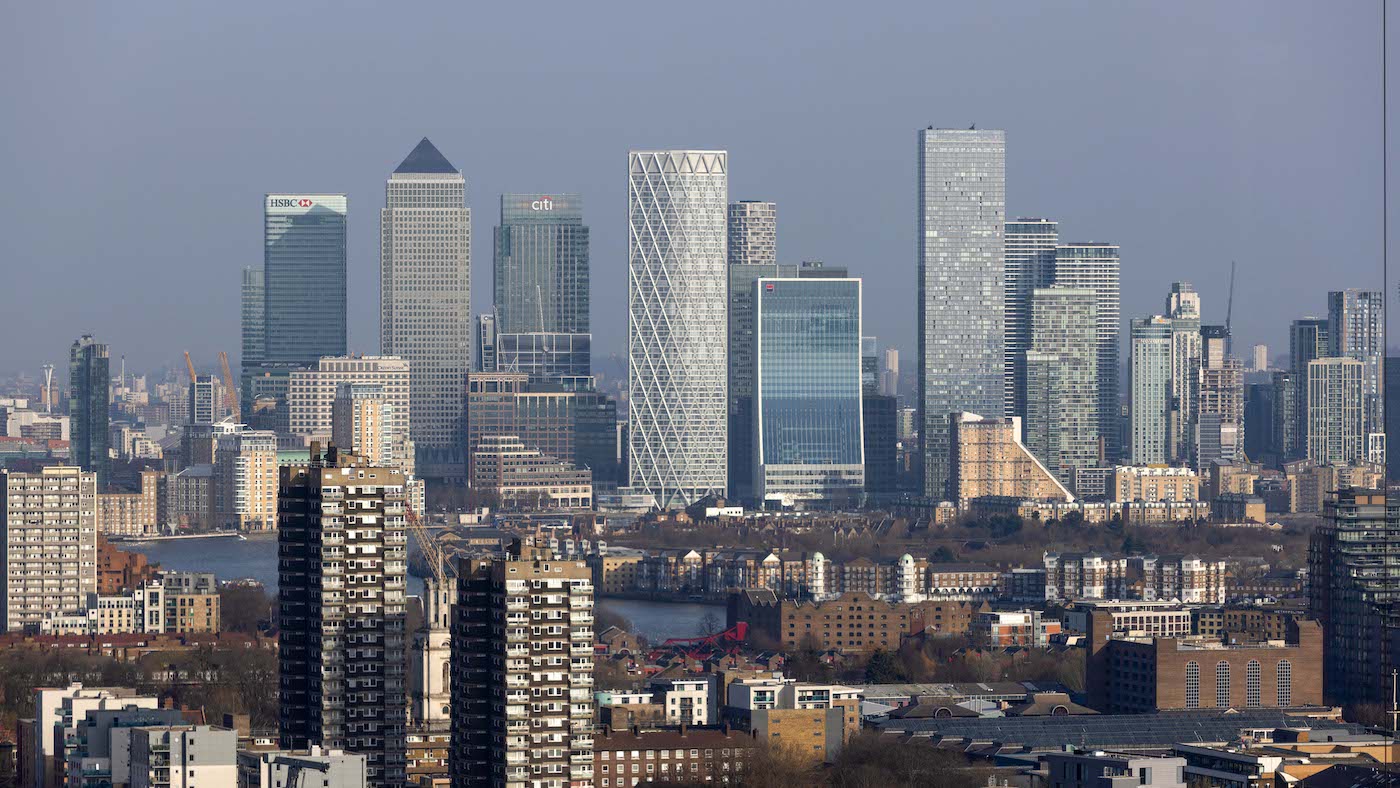 Should the UK relax bank ring-fencing rules?
Should the UK relax bank ring-fencing rules?Talking Point Treasury minister said he hopes to ‘boost competitiveness’ in the City with easing of regulations
-
 Should caps on bankers’ bonuses be scrapped?
Should caps on bankers’ bonuses be scrapped?Talking Point New chancellor Kwasi Kwarteng believed to be planning contentious move to ‘boost the City’